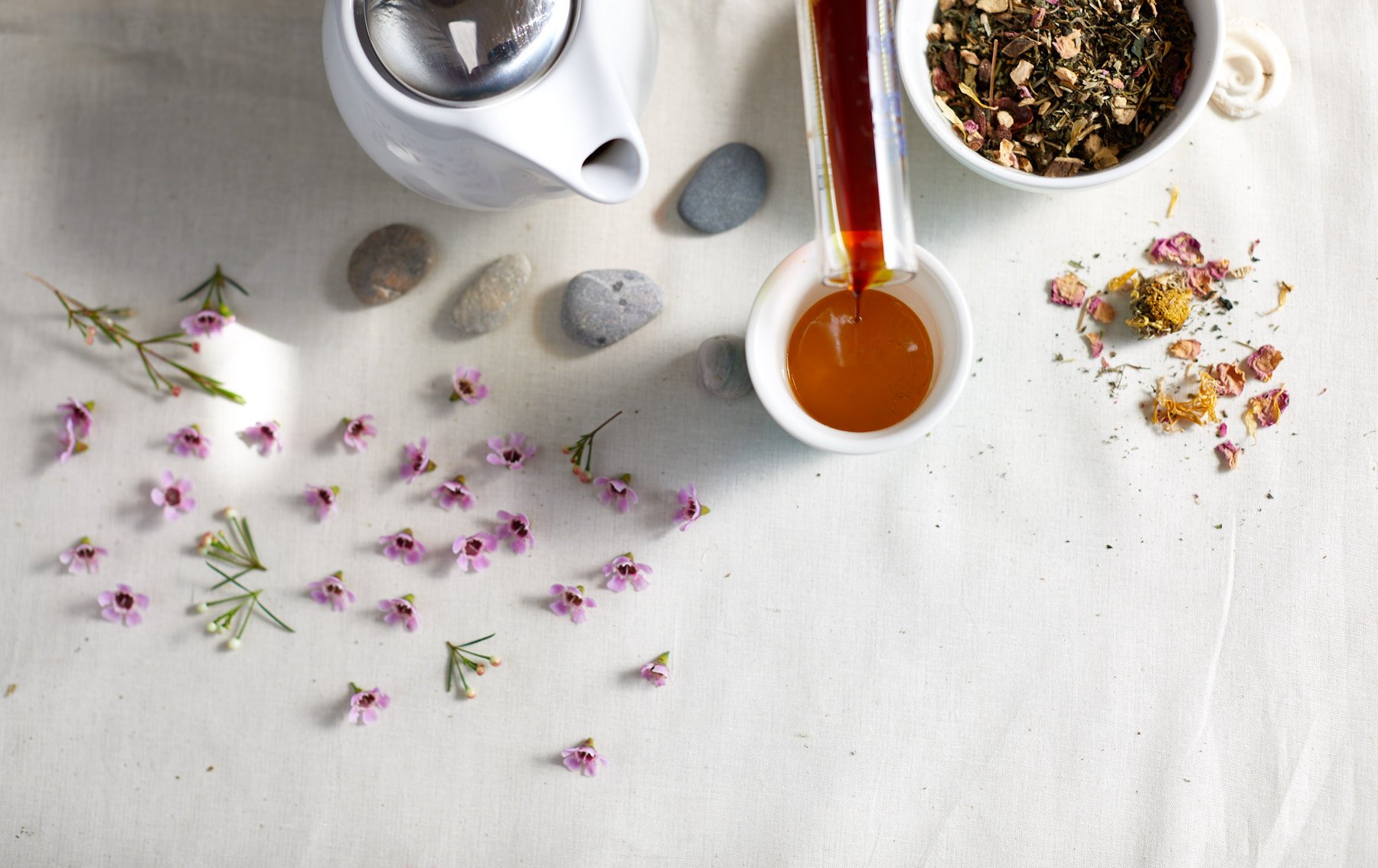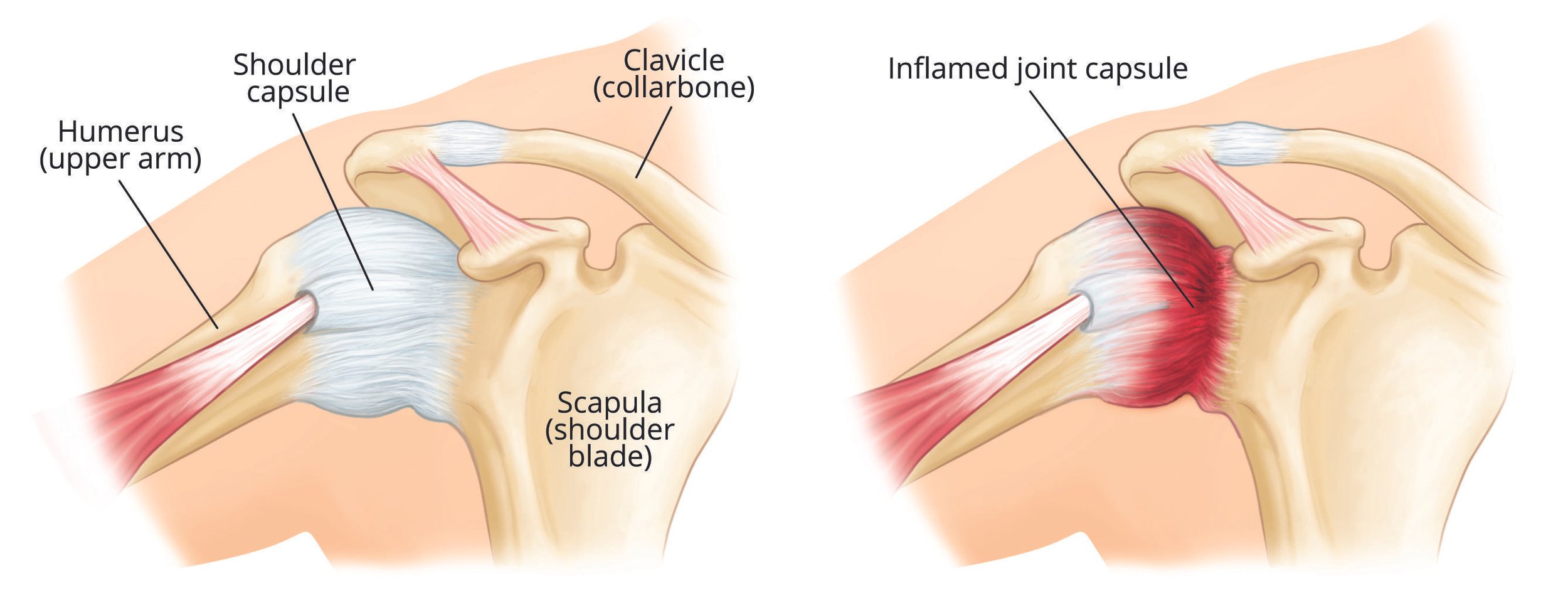Christmas Herbal Medicine Gifts
I have always been fascinated by our world’s celebration of Christmas. Today, more than 2 billion people in more than 160 countries consider Christmas to be the most important holiday of the year.
One of the most consistent traditions practiced at this time, is the giving of gifts. Some say this is a symbolic celebration of Jesus Christ’s birth. Although some evidence suggests that his birth may have occurred in the spring (why would shepherds be herding in the middle of winter?), Pope Julius I chose December 25th as the day of Christmas. This was also the day of the Roman Pagan festival of Saturnalia honoring the agricultural god of Saturn which gave us many of the traditions we now associate with Christmas, such as wreaths, candles, tree decorating, feasting and gift-giving.
All interesting history but what I am interested in is the gifts!
The Magi Gifts
Since the early days of Christianity, many have offered interpretations of the meaning and significance of frankincense, myrrh and gold that the three magi presented to Jesus, according to the Gospel of Matthew (2:11).
They were standard gifts at this time to honour a king or deity in the ancient world: gold being the most precious metal of the time, and still is; frankincense as a perfume or incense; and myrrh was used as an anointing oil. However, it is also likely that these symbolic gifts had practical value for the birthing of a baby. Frankincense, myrrh and gold (saffron) all have potent medicinal properties helpful for mother and child after birth.
The magi are often referred to as Three Wise Men or Three Kings. With the possibility that they came bearing gifts of medicinal herbs there is a also high likelihood they were “Wise herbalists” or “Mid-wives”. They travelled far to be with Mother Mary at the time of her birthing, most likely from nearby areas of Iran, Iraq, Saudi Arabia and the Yemen. Their gifts are all native to these areas.
Gold “Saffron”
Gold itself does not have medicinal properties, but the golden herb ‘saffron’ does. And it literally could be worth its weight in gold, where an ounce of saffron is more expensive than gold. The other “golden medicinal plants” are turmeric (native to India); or Golden Seal (native to North America). So Saffron, being native to Persia seems to be the most likely of these three golden medicinal herbs .
When used medicinally Saffron has anti-depressant, serotonergic) effects, hormone balancing (neuro-endocrine) influence, anti-inflammatory and has neuro-protective properties. All helpful for post-partum healing especially to combat post natal depression, restore hormone balance and vitality.
Frankincense
Mostly used as an essential oil, this traditional medicine of the Middle East has anti-inflammtory, expectorant, antiseptic, and even anxiolytic effects.
Myrrh
Myrrh is used medicinally as herbal tincture for its anti-bacterial and antiseptic properties. Mostly indicated for sore throats and mouth ulcers it can also be applied topically to help heal wounds.
As a potent antimicrobial herb which can be used for treating common candida albicans and staphylococcal infections it is understandable why this herb was given to baby Jesus. In fact midwives used to dab myrrh onto the cut umbilical cord of new born babes in the less hygienic environment of the past.
Herbal Christmas Gifts for today’s world
Our modern world gives us luxury of being able to access medicinal plants from all regions of the Earth. Our lifestyles have also changed substantially with much higher rates higher stress, chronic disease and pain. So the 3 medicinal gifts I choose for humanity are Gold (turmeric), Holy Basil and St Mary’s Thistle.
gold “Turmeric”
Turmeric (Curcuma longa) is a potent anti-inflammatory and antioxidant. Because of this it is indicated for prevention of Alzhemiers, cardiovascular disease and cancer. It may also help improve symptoms of depression and arthritis.
Holy Basil “Tulsi”
Holy basil (Ocimum tenuiflorum) also known as tulsi, is native to Southeast Asia and is considered a tonic for the body, mind, and spirit. Different parts of the plant are recommended for treating different conditions for example fresh flowers for bronchitis or the whole plant for diarrhoea, nausea and vomiting. Rich in vitamin A and C, calcium, zinc and iron
Holy basil is also a considered as a potent adaptogen, which means it has a unique combination of pharmacological actions that promote wellbeing and resilience. With Christmas period listed among the to 20 most stressful life events, being able to adapt and cope with stress is definitely needed at this time.
St Mary’s Thistle
St Mary’s thistle (Silybum Marianum) is used to protect and regenerate the liver. Use internally for the treatment of jaundice, hepatitis, liver damage, cirrhosis and poisoning (from alcohol, drugs and chemicals makes this the perfect medicinal for over-indulgance during the festive period.
Merry Christmas
Wishing you a very Happy Christmas and a new year filled with Peace, Love, Joy and a bit of adventure, excitement and creativity thrown in.
Written by Sasha Wray Naturopath, Occupational Therapist and 5 Elements Acupressure Practitioner. Sasha has a special interest in women’s health, pain care and mental health concerns. With over 30 years experience her focus is to help people live well.








